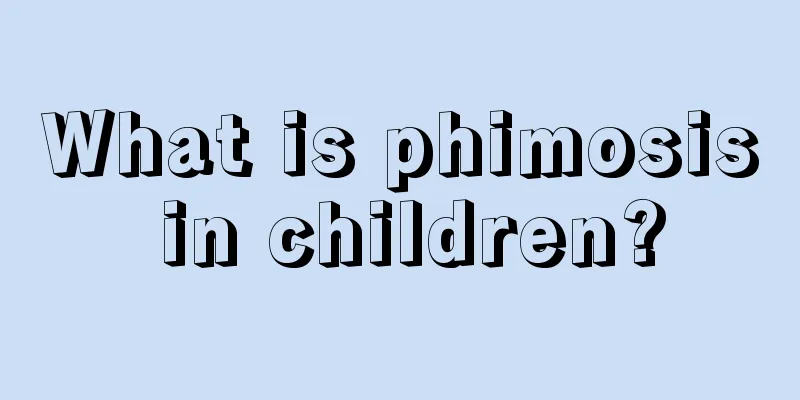What to do if your baby is allergic to milk

|
Babies need sufficient nutrition as they grow, and the first choice for parents is to drink milk. Milk can indeed supplement the nutrients needed by children, but many children are very intolerant of milk because some ingredients in milk can cause allergies in some children, and the child’s own physique is not suitable for milk feeding. So, what should we do if our baby is allergic to milk? Avoid foods containing milk If your baby is allergic to milk, you should adopt a dietary elimination therapy, that is, strictly avoid eating foods containing milk ingredients in the next 3-6 months. Not only can you not drink regular formula milk, you can also not eat foods containing milk, such as cream cakes, bread, salad dressing, bovine colostrum, milk candy, and milk-containing biscuits, until the results of the "exclusion-provocation test" turn negative. Therefore, when choosing food for your baby in the supermarket, you must carefully read the ingredients of the food. Breastfeeding mothers should not drink cow's milk. Although breastfed babies are less likely to develop allergies, they may also develop cow's milk protein allergies. If the baby has a milk allergy, the mother should avoid dairy products in her diet for 4 days. If the baby's allergy symptoms are relieved, the mother should continue to not consume dairy products and take calcium supplements if necessary to avoid calcium deficiency. Choosing deeply hydrolyzed protein formula for formula feeding can effectively prevent baby milk allergy. If the baby is allergic to milk and the mother does not have enough milk or has no milk, the preferred alternative is an extensively hydrolyzed formula milk with processed protein, such as Nestle's Alesun. Aiershu is made through a special process by cutting the large-molecule milk protein in milk that causes allergies into small fragments that can be directly absorbed and utilized by the human body without inducing abnormal immune response. Therefore, it can be used to treat babies with milk allergies. Deeply hydrolyzed formula milk is generally taken for 3-6 months. Because cow's milk protein allergy often disappears after 6-12 months, your doctor may recommend trying your baby again on regular cow's milk formula during this time. If the baby reacts during the closely monitored provocation test, it is recommended to continue the dietary elimination therapy with Ales; if no reaction is observed, the child can be switched to moderately hydrolyzed formula (such as SuperNer). What should you do if your baby is allergic to milk? I believe everyone has already understood the above-mentioned related content. We must cut off the root cause of the baby's allergic reaction to milk. Only as parents can we truly find out the child's allergens or which components in milk the child is allergic to. |
<<: Why do children have fever recently?
>>: What are the developmental standards for a one-month-old baby?
Recommend
What is the iron supplement diet for children?
Iron supplementation for children is very helpful...
Treatment of upper respiratory tract infections in children
If we want to treat children's upper respirat...
What is the best way to put a newborn baby to sleep upside down?
Newborn babies need enough sleep to ensure the no...
What to do if your baby has a runny nose and difficulty breathing
We all know that babies often have a runny nose w...
What is missing when a child sleepwalks?
Many people think that sleepwalking is a scary th...
What are the symptoms of childhood pigmentation polyposis syndrome?
Since children's immunity is constantly stren...
What should I do if my baby cries when breastfeeding?
Breast milk is the best way to feed our babies. B...
Why do children's feet itch?
Children are prone to some minor problems, which ...
What to do if a fish bone gets stuck in your throat
When many parents feed their babies fish, if they...
What can’t babies eat when they have erythema? What Parenting Experts Say
The baby's body is relatively fragile and the...
Ways to increase children's immunity
We all know that children's physical resistan...
What to do if your baby's teeth are loose
Teeth are very important to us, because teeth can...
How to treat congenital heart disease?
Indeed, in the TV dramas I watched when I was a c...
Causes of eczema on newborn baby's face
The skin of a newborn is generally delicate, so i...
Can children with autism be cured?
Parents of children with autism find it particula...









